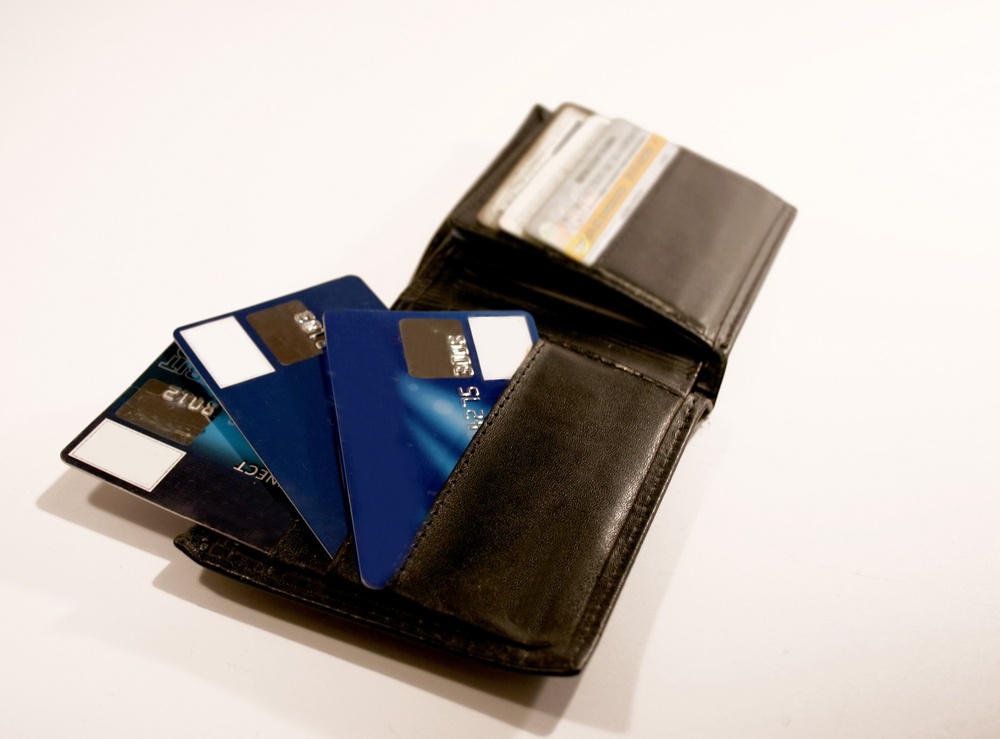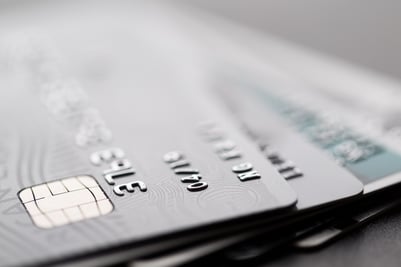How to Rebuild Your Credit
We all know that life happens. Divorce, health issues, emergencies, one or a combination of any life event can adversely impact your credit score....
2 min read
![]() First Alliance Credit Union
:
May 29, 2018 6:57:00 AM
First Alliance Credit Union
:
May 29, 2018 6:57:00 AM

Credit reports are an important determinant of a financial future, since the financial credibility of a person is often determined by their credit report and score. Someone with a clean credit report with a significantly high credit score as well as no defaults or late payments are considered good or even great borrowers. But what exactly is the relationship between credit cards and credit scores?
How Many Credit Cards Should I Own?
While it may be tempting to apply for a store credit card to receive an immediate discount or savings, it's not a good idea. While you may receive immediate savings at the time, store cards often have very high interest rates and higher fees than traditional credit cards. A good rule of thumb is to have one or two credit cards with reasonable limits so that if you do have an emergency or a life event, you will have access to those credit lines.
A person’s balance to available credit ratio plays an important role in determining a FICO score, which ultimately effects the credit score. A FICO score is a credit score calculated by software from the Fair Isaac Corporation. Keeping credit card accounts that you have paid off can increase your FICO score. Retaining old cards shows that a person has been using the credit cards for quite some time and knows how to manage them. People who have the most impressive credit scores are usually the ones with the longest credit histories. Longer credit histories are possible when you keep credit card accounts open for a long period of time.

Apply for a credit card only you feel like you need one. This is important because a credit inquiry is placed on your credit report every time you apply for a new credit card. The companies issuing credit cards use this information to determine whether you are worthy of getting new credit cards. People who have more credit cards are considered as risky loaners by the lending institutions, as compared to people possessing a lower number of credit cards. Although getting new credit cards won’t necessarily lower your FICO score, the credit inquiries placed as a result of filling out a credit card application can lower your credit score.
Having too many credit cards may result in higher interest rates with every new credit card you apply for. This means that amount of money that you need to pay back gets bigger with each new credit card. Escalated interest rates could have a detrimental effect on a credit card report if you don’t pay them off and/or frequently get late fees.
As mentioned earlier, credit reports are an important aspect of one’s financial decisions so performing a detailed analysis of your credit report is worth your time. Take some time to do an extensive reading of the material available over the web and find out any additional factors that might be effecting your credit score negatively. If you see discrepancies, call the card company to figure out what might have happened. Credit cards are meant to help you, but a careless attitude towards using your cards can cause financial hardship in the long run.
The relationship between credit cards and credit reports reveals the importance of using credit cards in a responsible way rather than attempting to use them beyond your financial limits.

We all know that life happens. Divorce, health issues, emergencies, one or a combination of any life event can adversely impact your credit score....

There are many factors to take into account when looking at your credit score, which can make knowing exactly how to mange it a bit confusing...

Credit cards are a big responsibility. If you are thinking about getting a credit card, make sure it's the right one for you. While credit cards can...